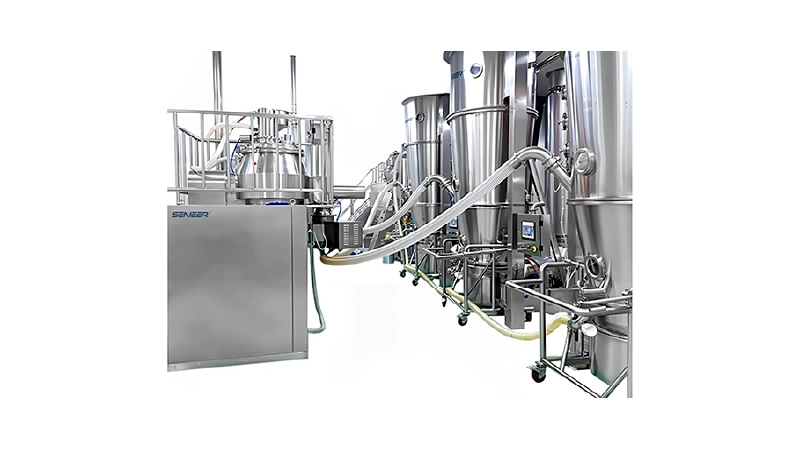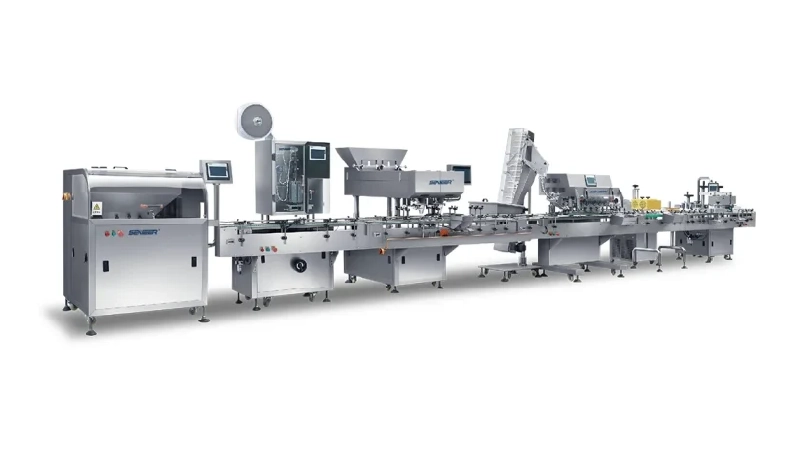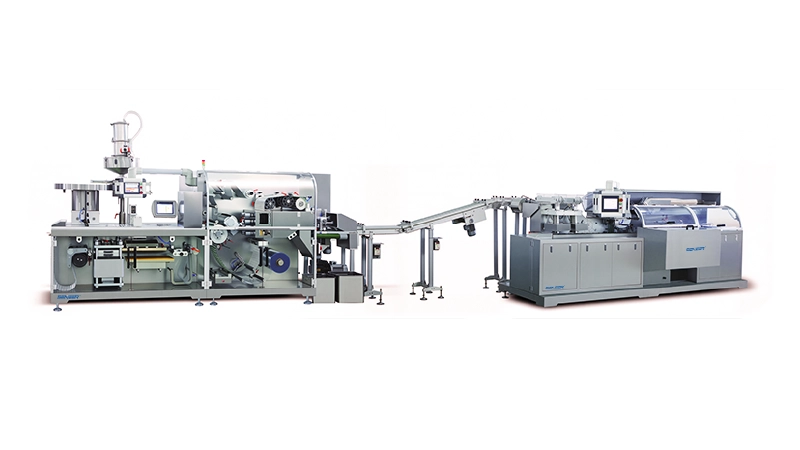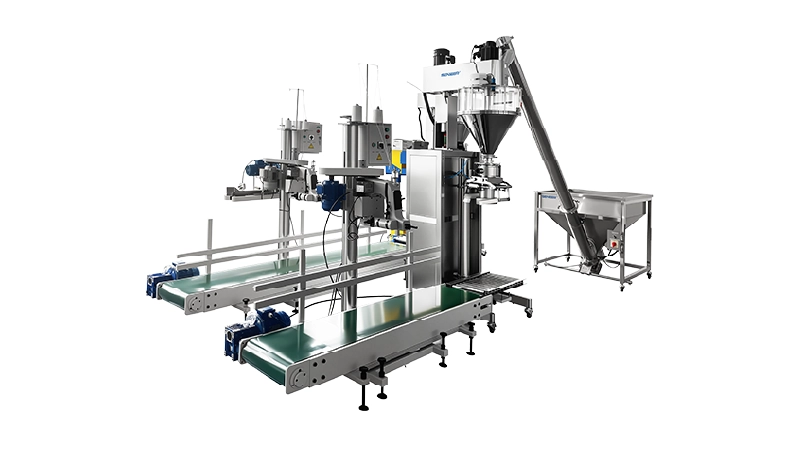Pharmaceutical formulation quality control is a critical process in medication production. It is a technique or series of procedures aimed to ensure that identical batches of pharmaceuticals are produced that meet the stated requirements. This necessitates coordination and stringent quality controls at each production stage.
Quality control considers both quality and quantity. Pharmaceutical dosage form quality must also be considered during plant building, product study and development, material purchasing, manufacture, monitoring, auditing, packaging, labeling, storage, and distribution. It cannot be expected that only testing the final product will maintain quality of product.
This article gives a summary of the quality control standards for dosage forms as well as the sorts of tests required to evaluate them.

Quality Assurance (QA)
The sum total of plans made with the goal of guaranteeing that medicinal products are of the standards expected quality for their intended use is referred to as quality assurance. This comprises everything that has an impact on the product’s quality.
GMP + QC = QA
Good Manufacturing Practices
Good Manufacturing Practice (GMP) is a necessity that pharmaceuticals and techniques used in their production, preparation, ability to handle, or packaging correspond to the practices that will ensure that such compounds meet the quality requirements suitable to their purpose and as required by the market approval.
Specific standards for buildings, equipment, staff, components, master formula and batch manufacturing data, manufacturing and control methods, product containers, packaging and labeling, laboratory measures, distribution documents, stability, and complaint files are addressed in these guidelines.
Quarantine
The status of beginning or packaging materials, additives, or bulk or completed goods that have been physically or effectively isolated while a choice on their release, refusal, or reprocessing is awaiting.
Oral solid dosage forms quality control standards (Tablets, Capsules, Powders)
- Image, labeling, odor, flavor, texture, hardness, and friability are all evaluated.
- Limitations for moisture levels are specified in official formula.
- Identification of standards and test results: intended to prove unequivocally that thesamples tested include the active ingredient(s) they claim to have.
- Uniformity standards and tests: Use the weight uniformity test.
- Standards and purity tests: for highly hazardous decomposition chemicals that may be created during dosage form manufacturing and storage, as well as impurities whose occurrence may signify divergence from GMP
- Tests and criteria for the active ingredient(s) and degradation products: It specifies the quantitatively permissible range per average-weight tablet or capsule.
- Homogeneity of subject matter: It entails analyzing each dose form individually to assess potential deviation. This test is especially relevant when the claimed amount of active component in a single dose is less than 5 mg, or 10 mg or less in the case of sugar-coated pills.
- Performance benchmarks and tests: Meant to offer some assurance that the active component will be released as planned by the dose form. Decomposition tests to supplement dissolution rate testing for poorly soluble medications, powerful pharmaceuticals, and cases with dissolving issues.
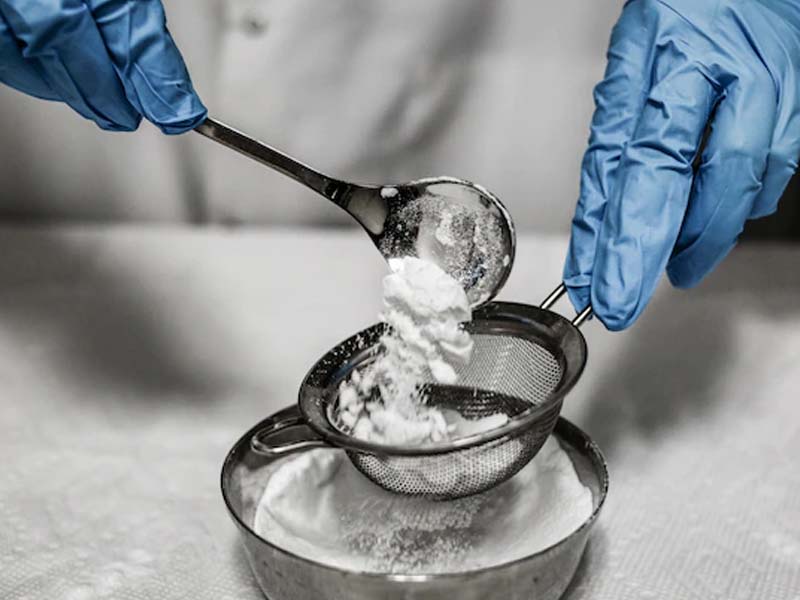
- stability specifying tests: These take into consideration the worsening in task or power of the drug substance that may occur as a result of degeneration of the active ingredient in the dosage form, as well as physical instability of the item, such as the development of undue color or color instability.
- Methods of preservation
Summary
To reduce or prevent the possibility of marketing unhealthy substances, pharmaceutical dosage forms must be of high quality. To ensure the quality and uniformity of medications from batch to batch, all activities involved in the manufacture of dosage forms, from raw material reception to processing, packing and repackaging, labeling and re-labelling, final product finishing, and distribution, should be managed.
WHY CHOOSING SENIEER?
Senieer manufactures capsule filling and encapsulation equipment. We have selected just the greatest technologies for you and your company. Receive your free estimate as soon as possible, and we’ll ship when it’s convenient for you. We promise that our clients will be able to use the most up-to-date pharmaceutical equipment on the market. Contact us if your company is seeking for a variety of cutting-edge encapsulation or capsule filling equipment.
All of Senieer’s esteemed customers receive free technical assistance and capsule filling equipment advice. We are here to help you every step of the way as you design, build, and use a capsule filling machine.
For additional information, visit www.senieer.com






